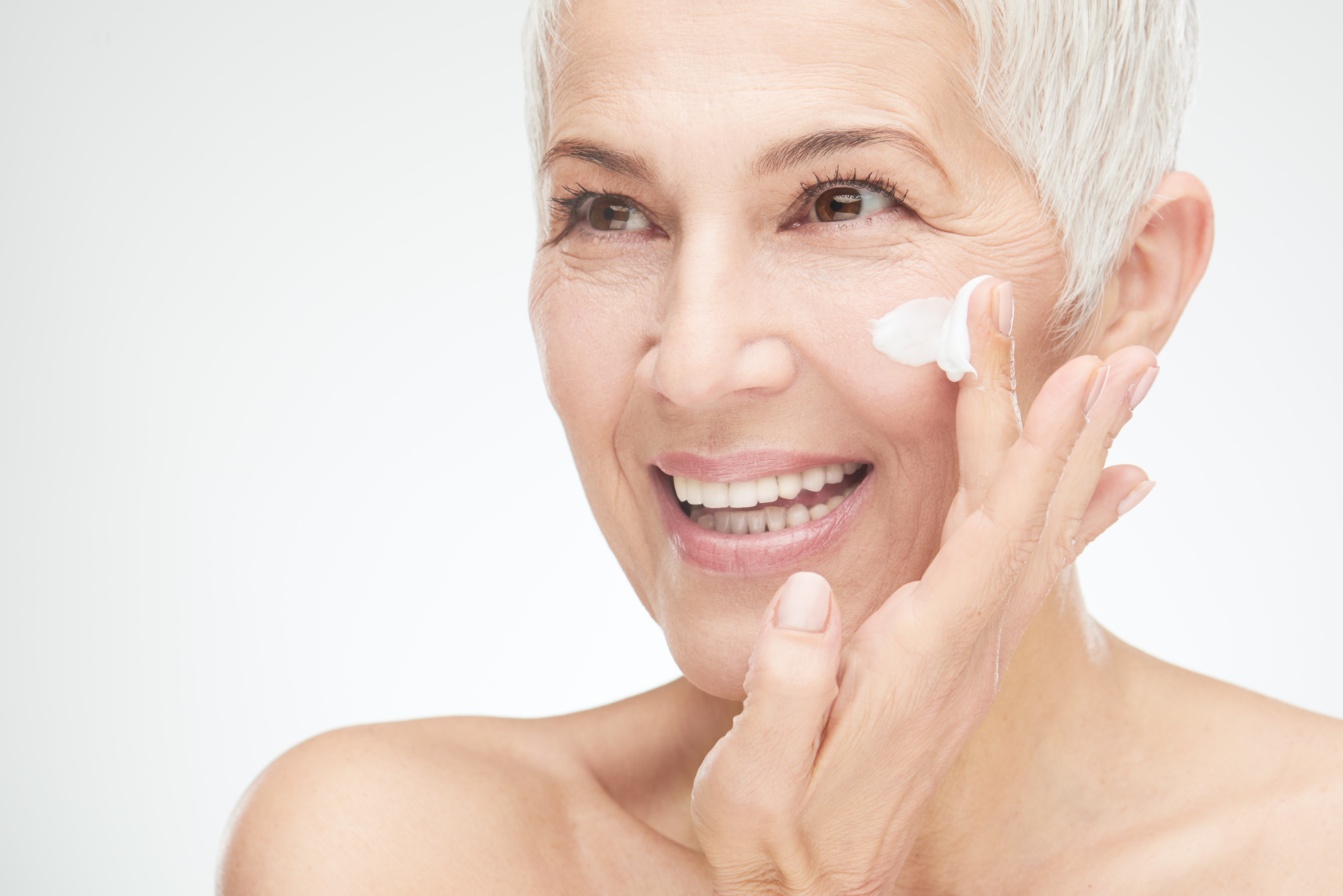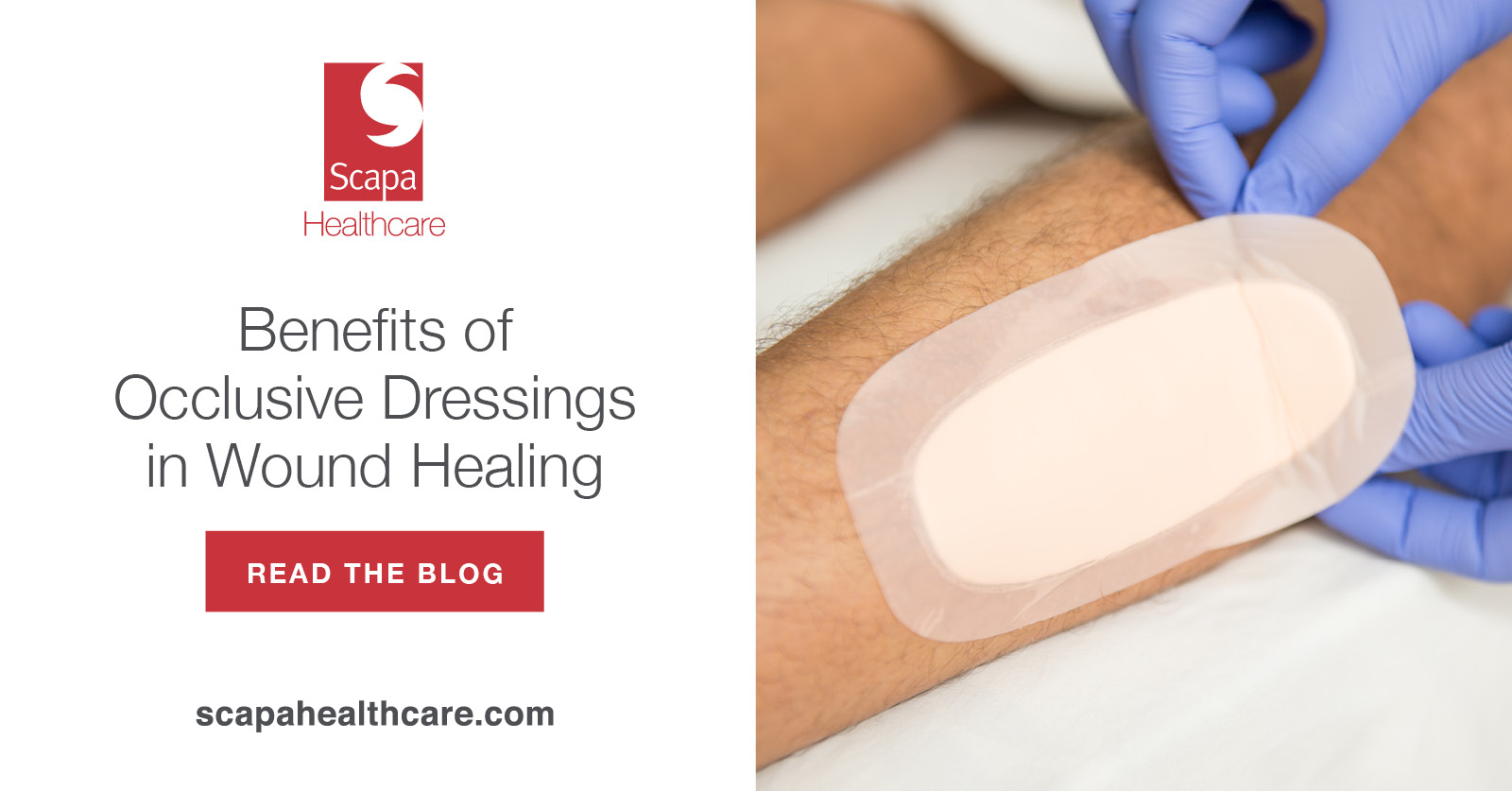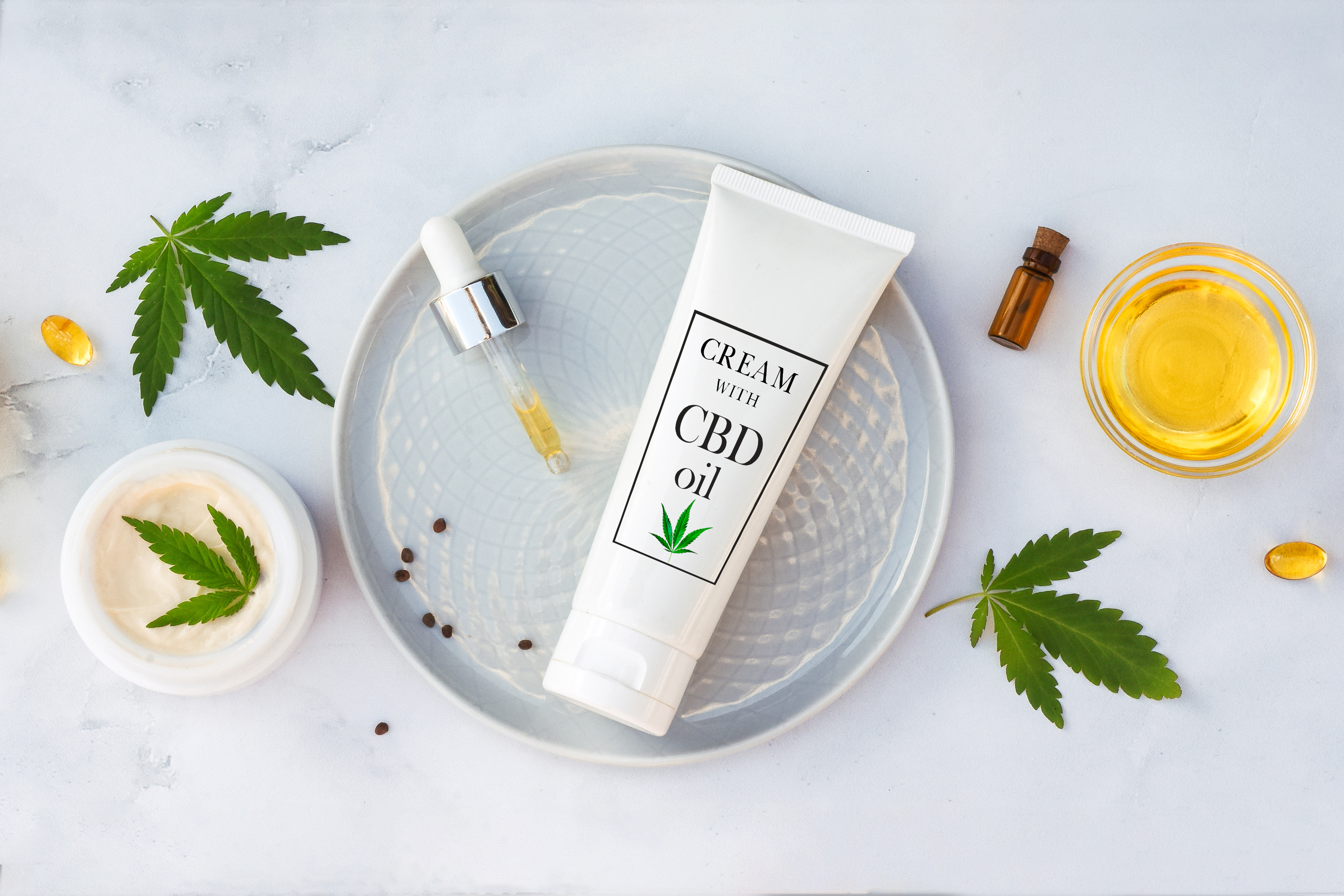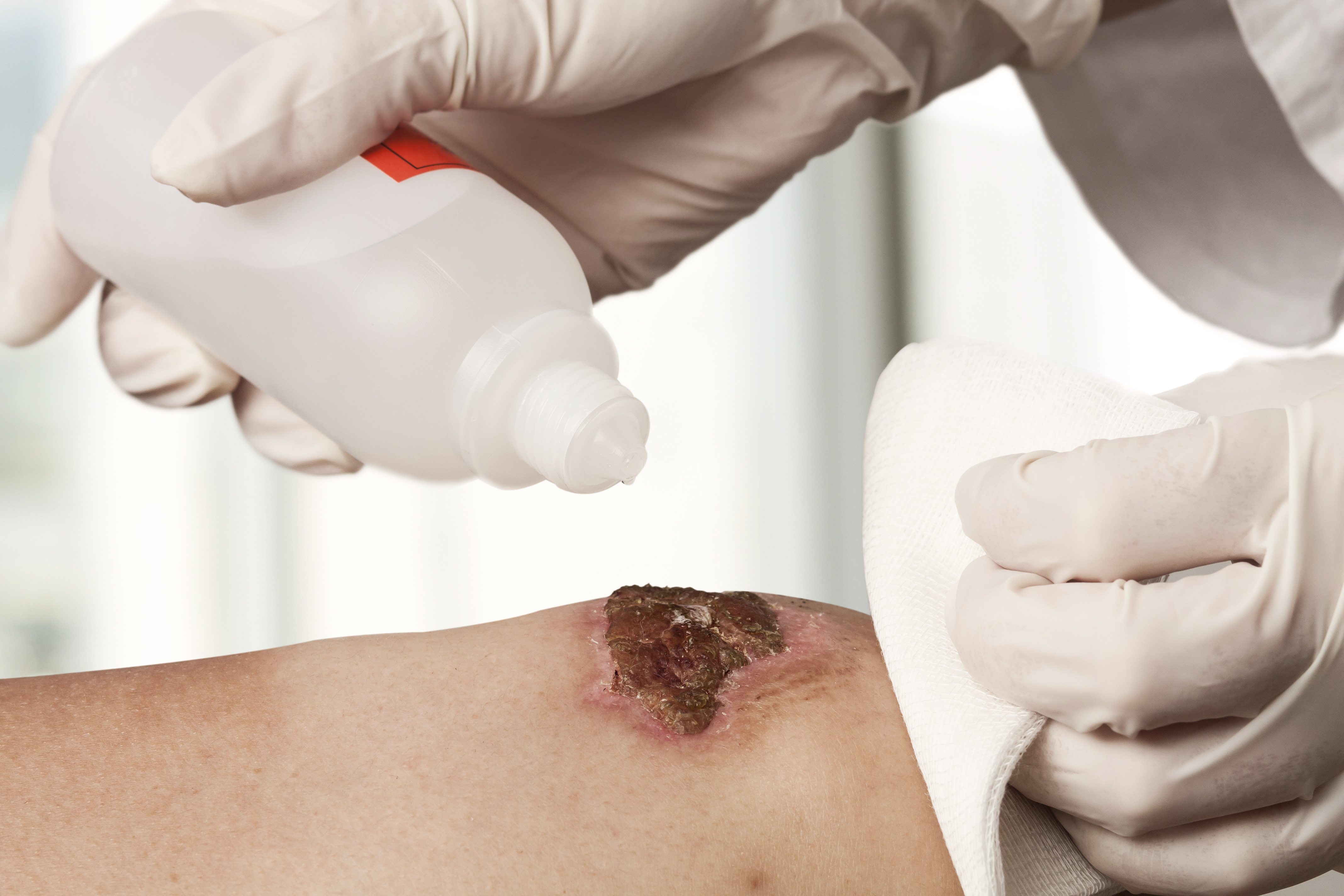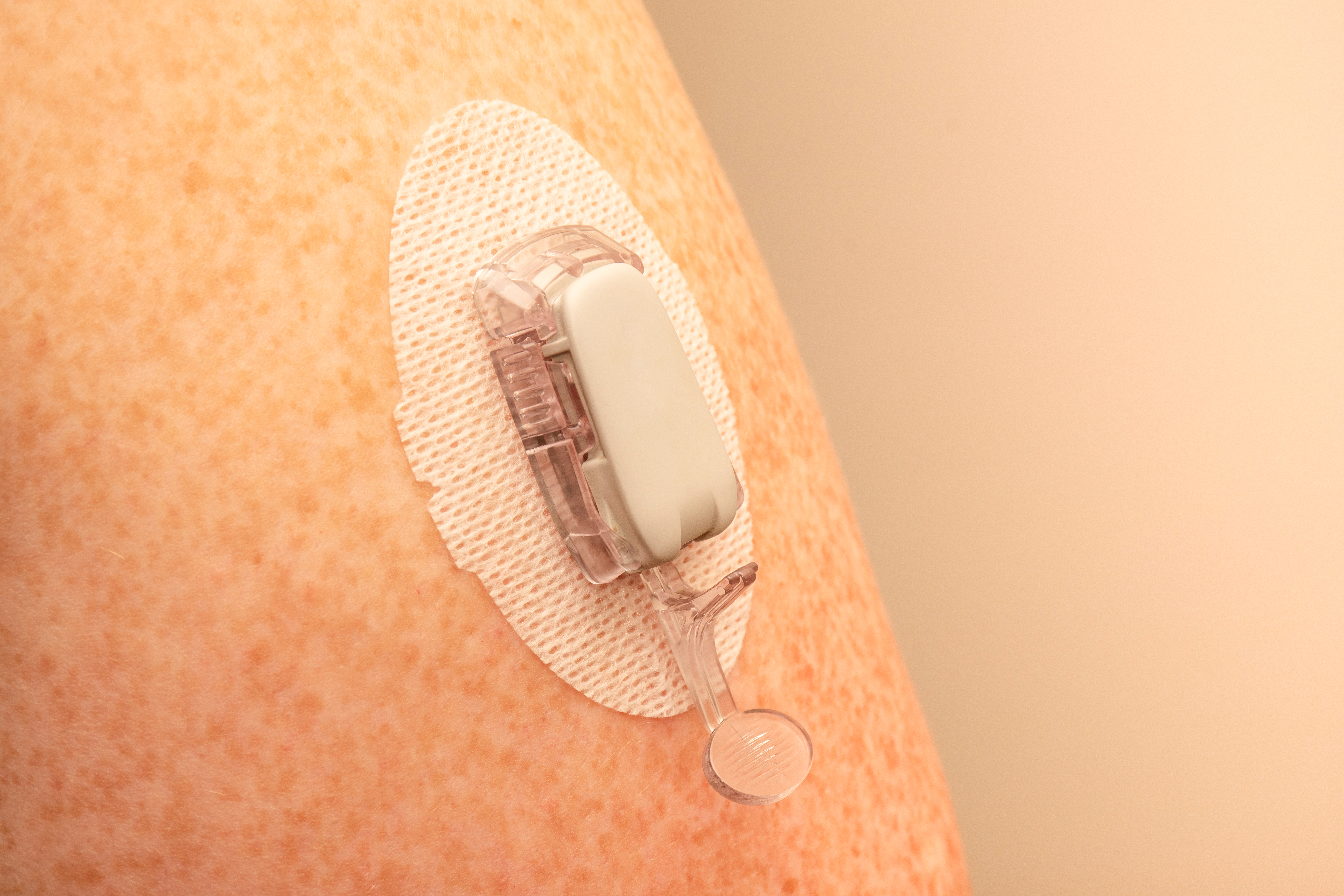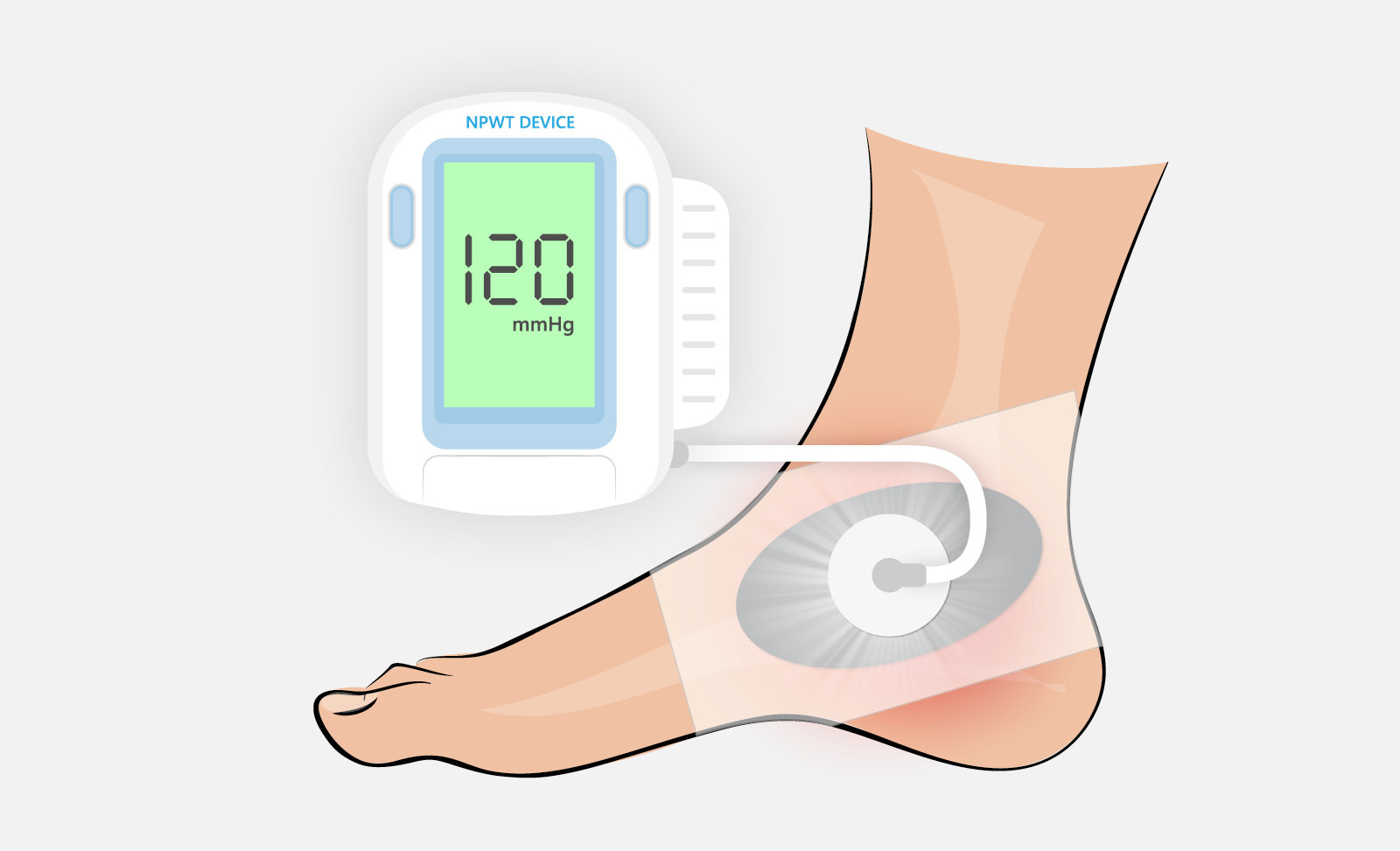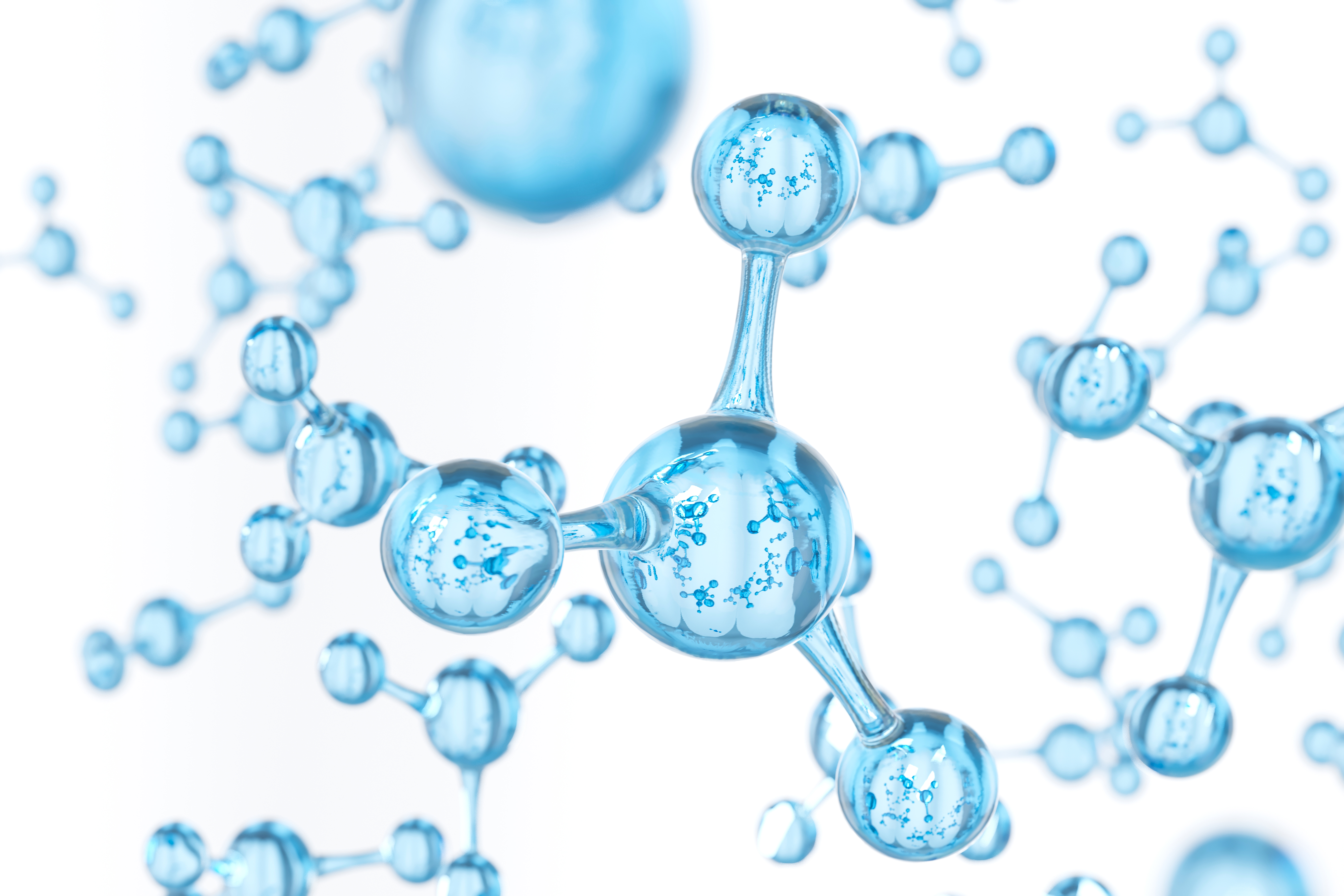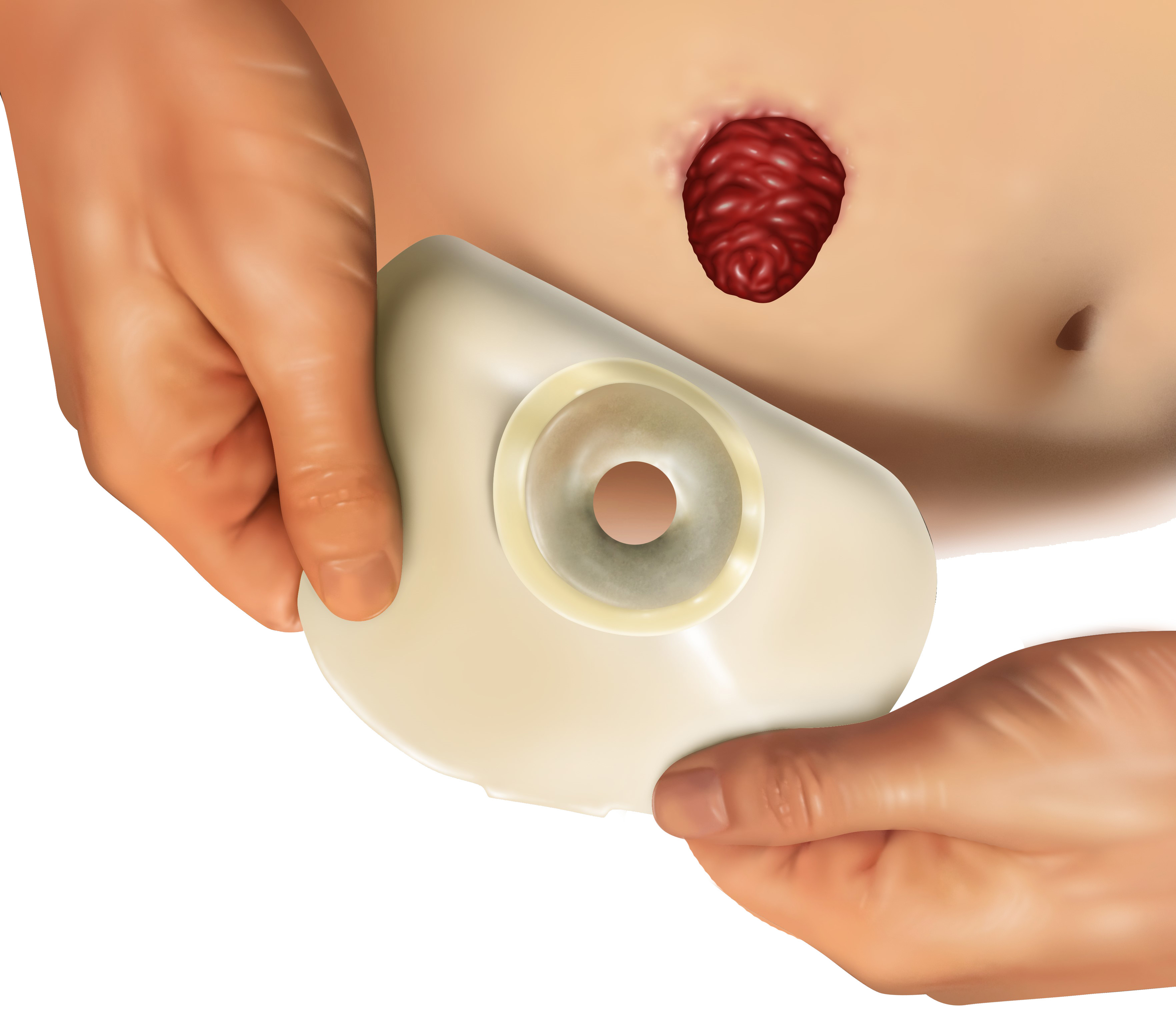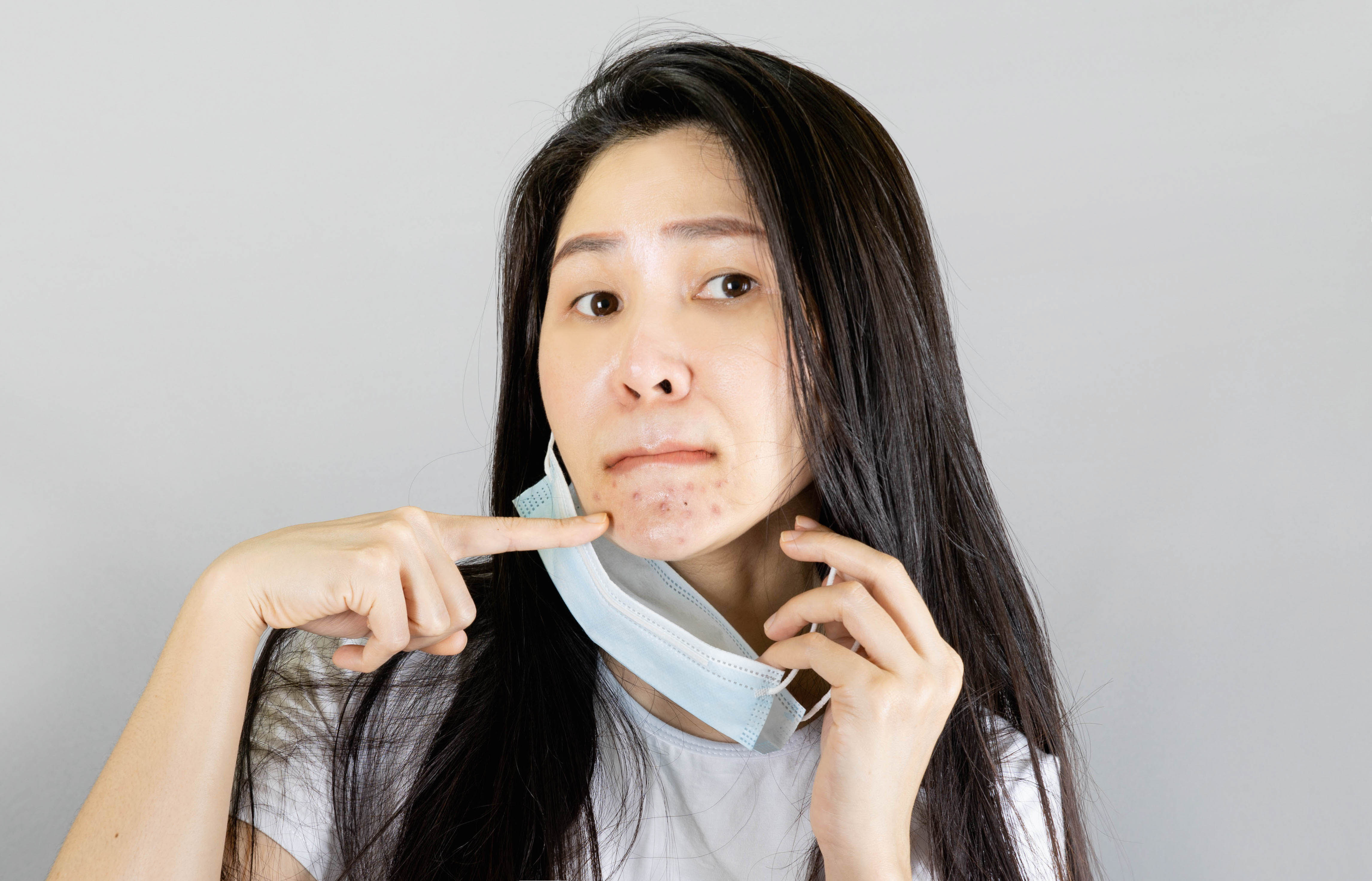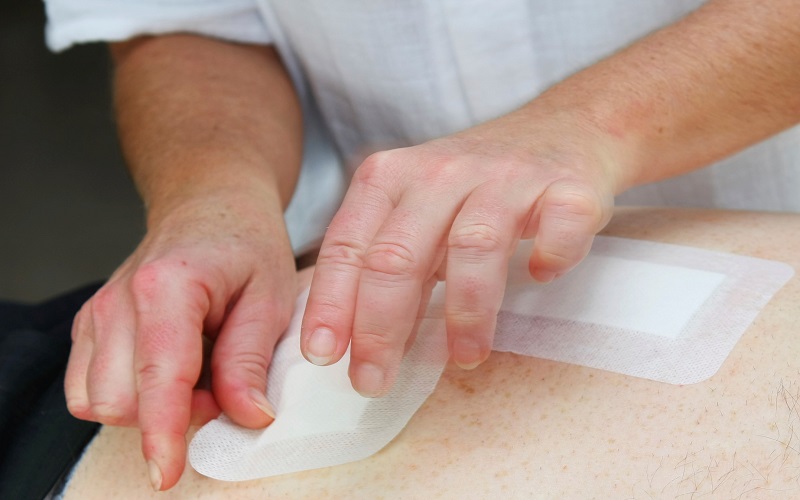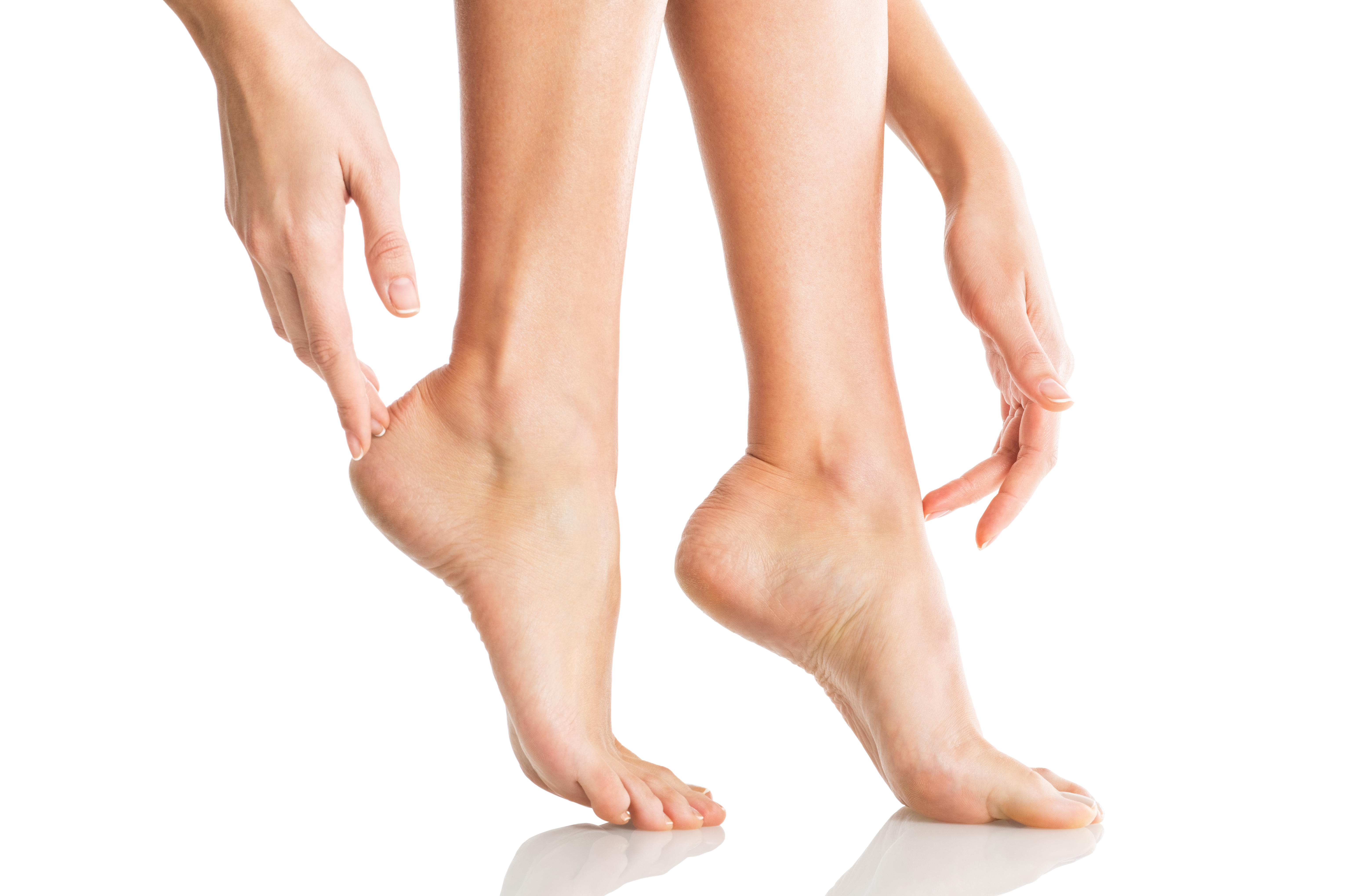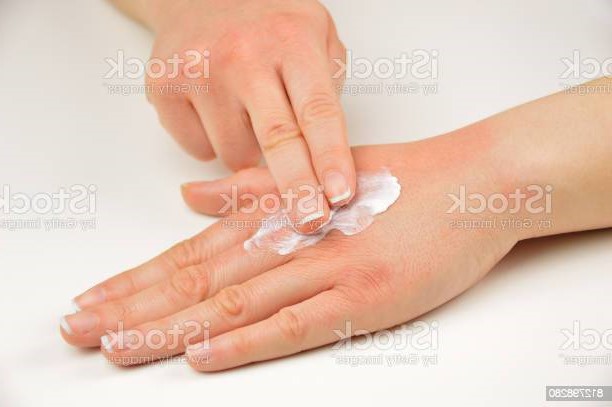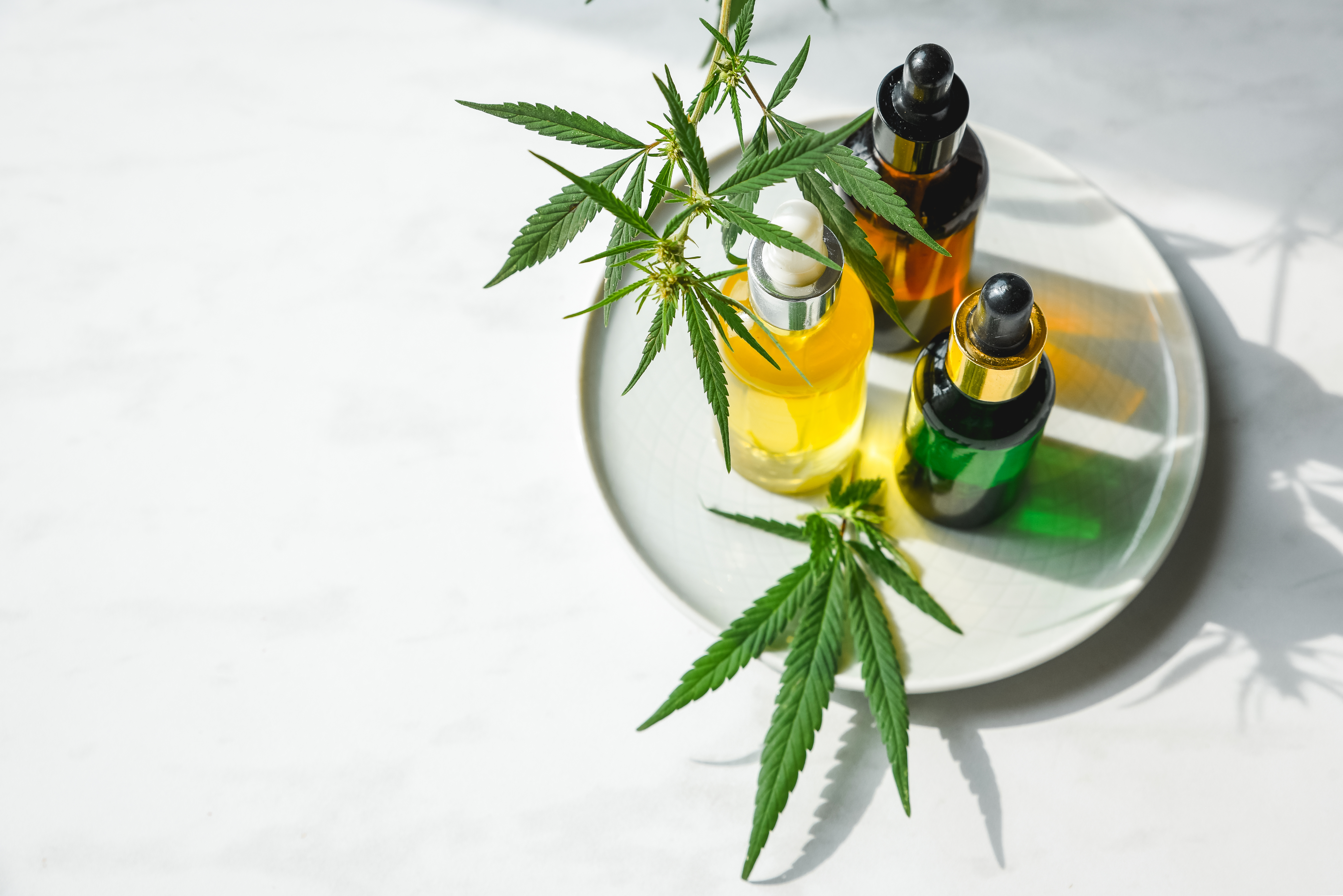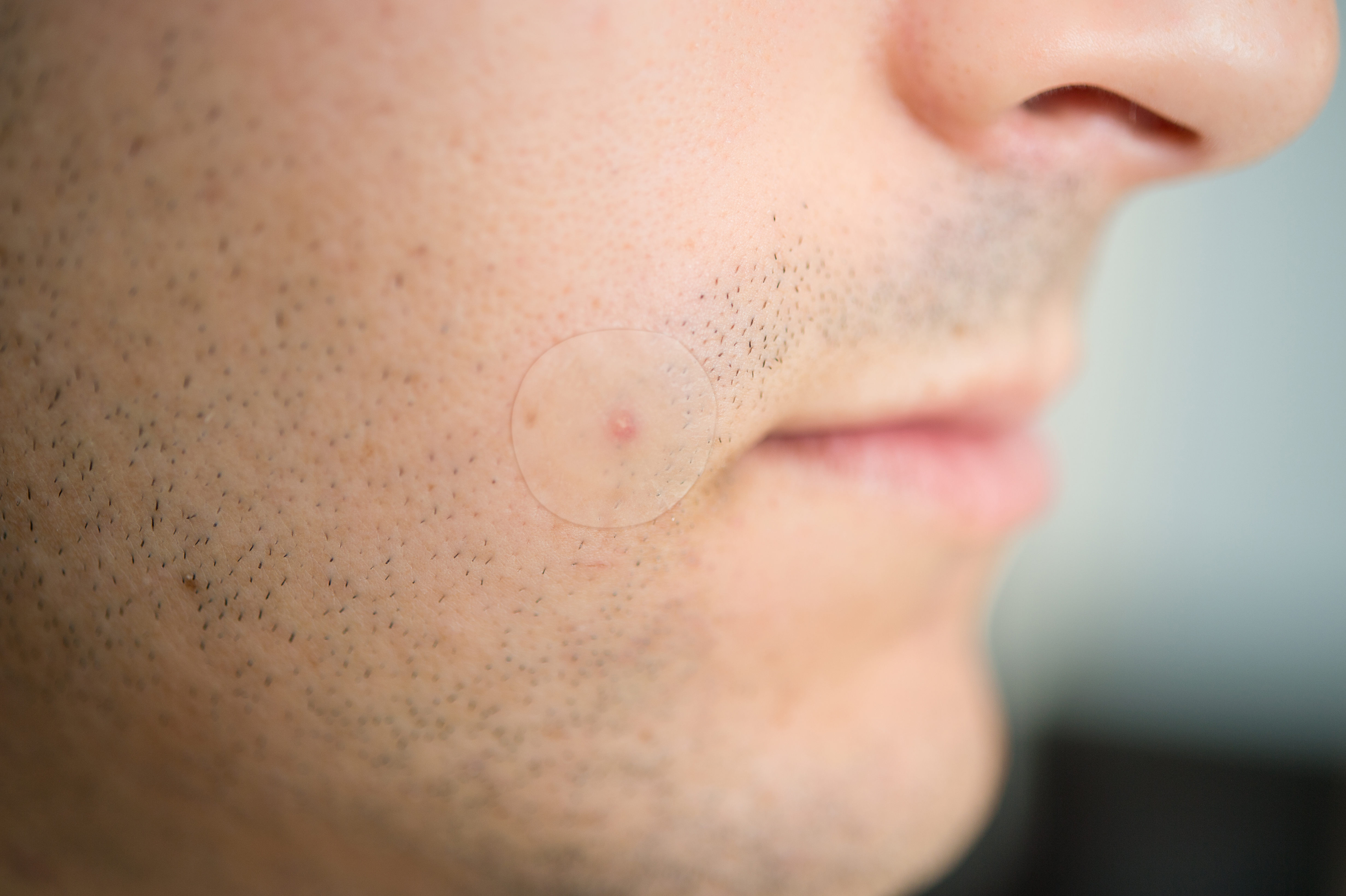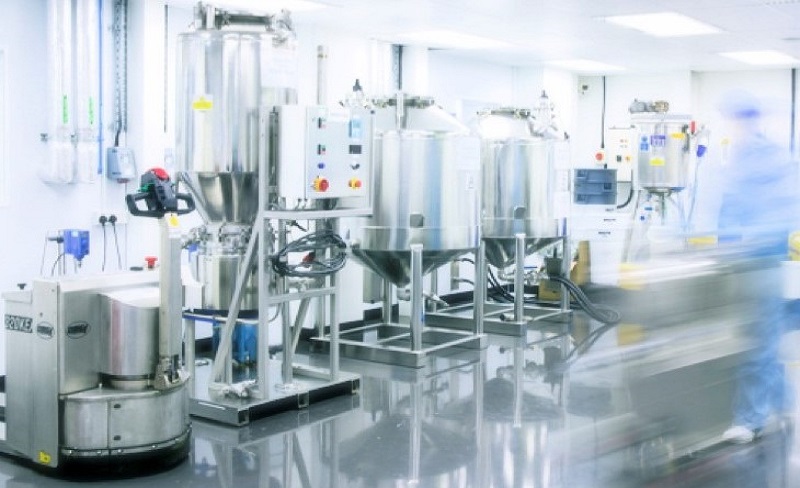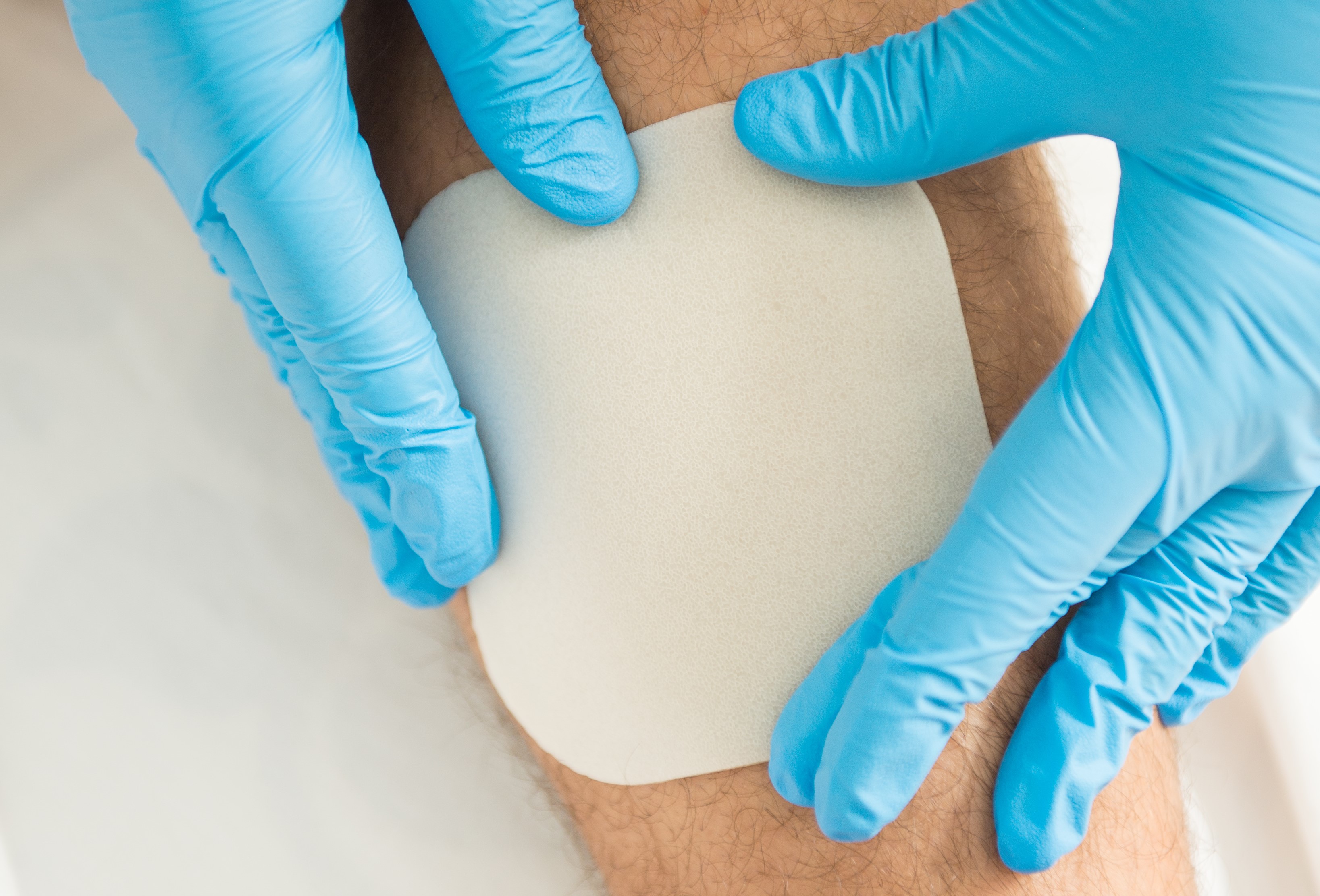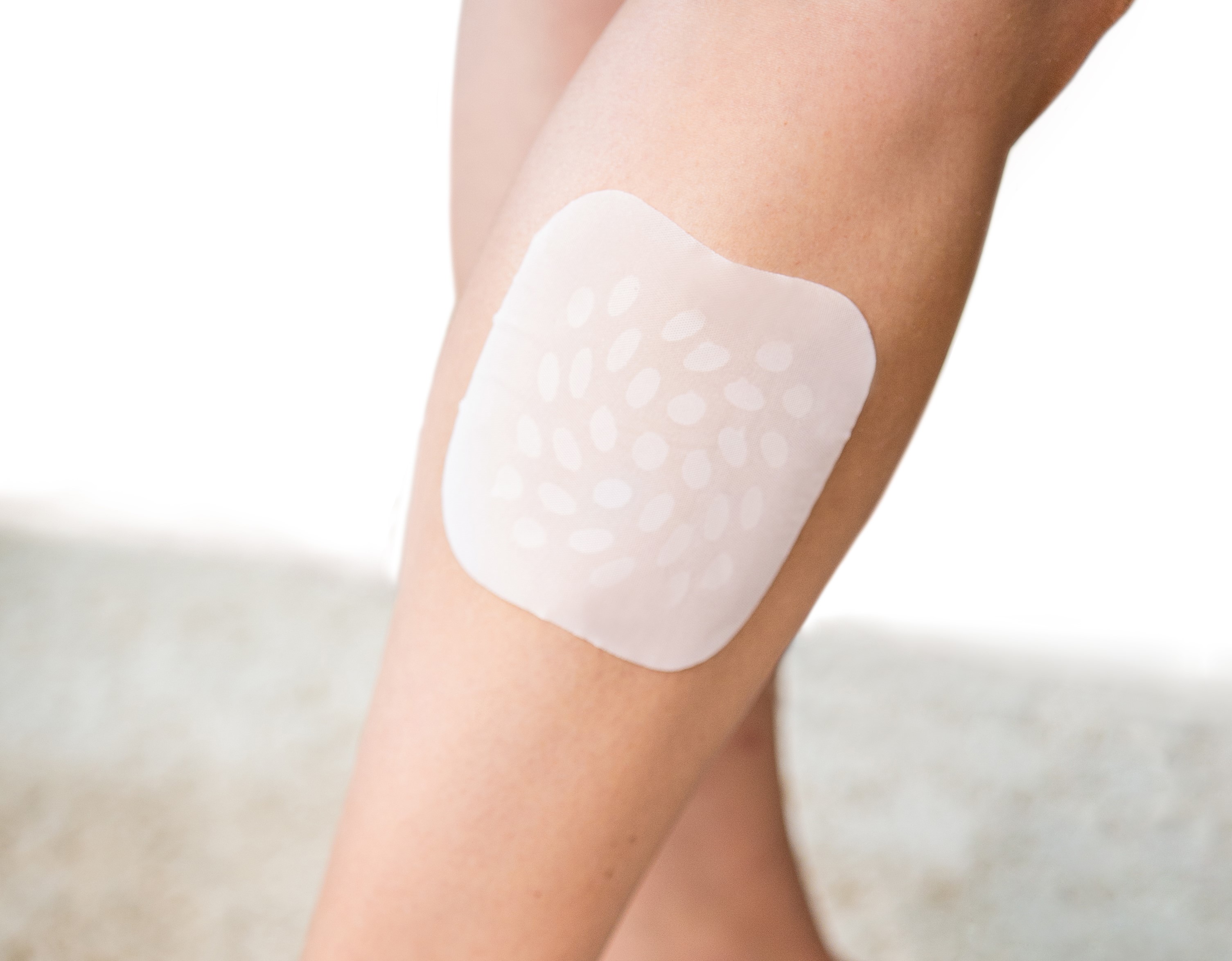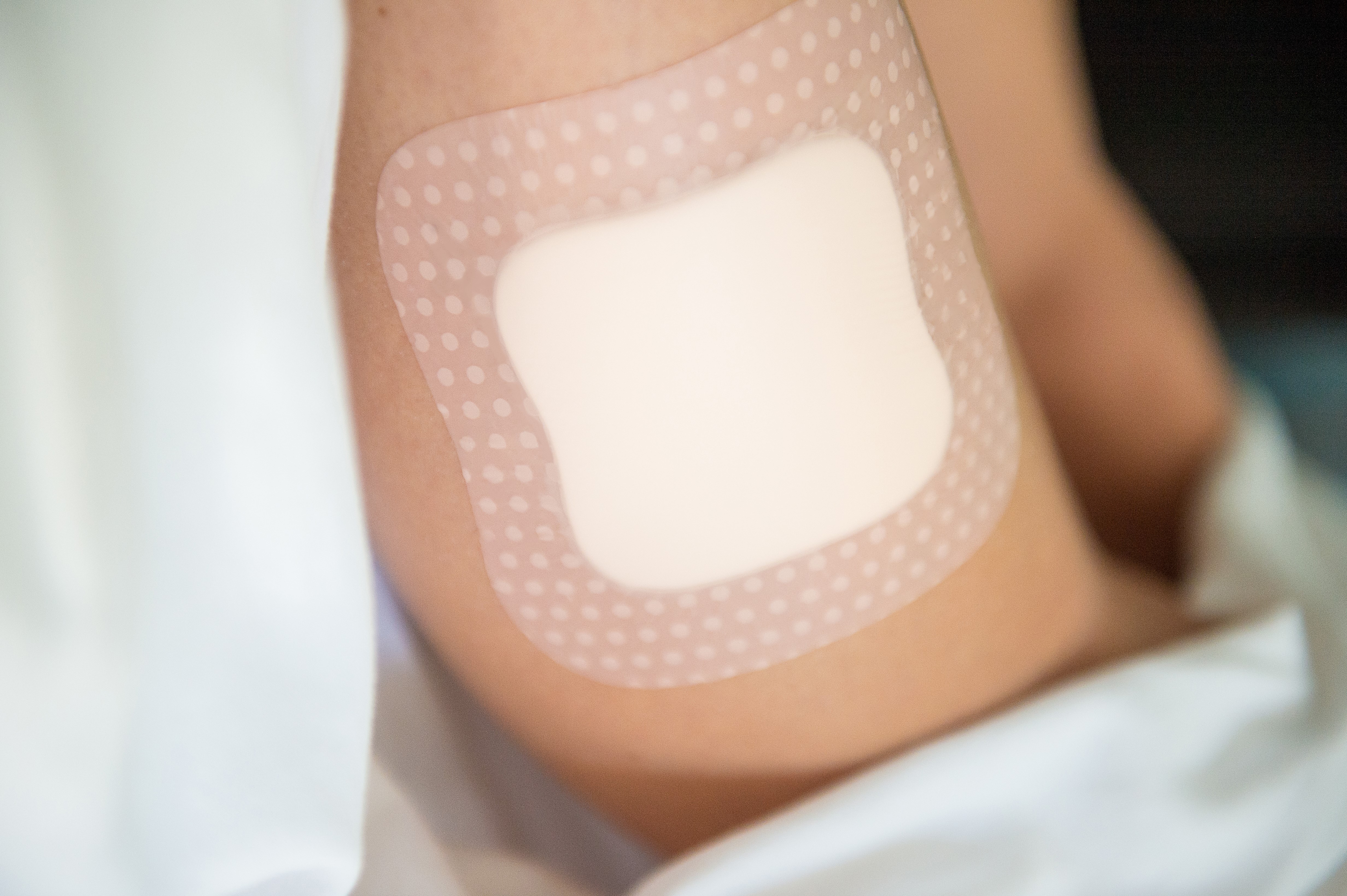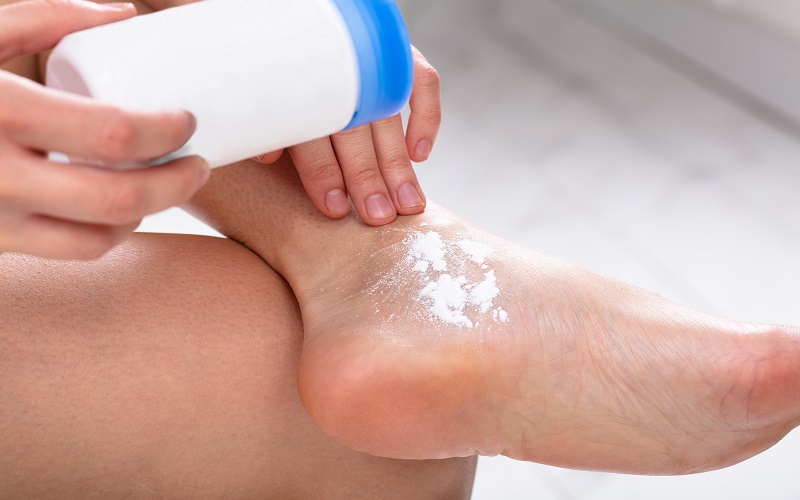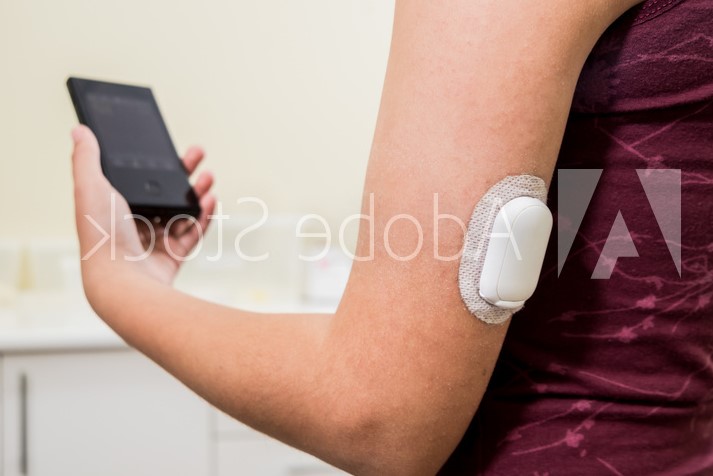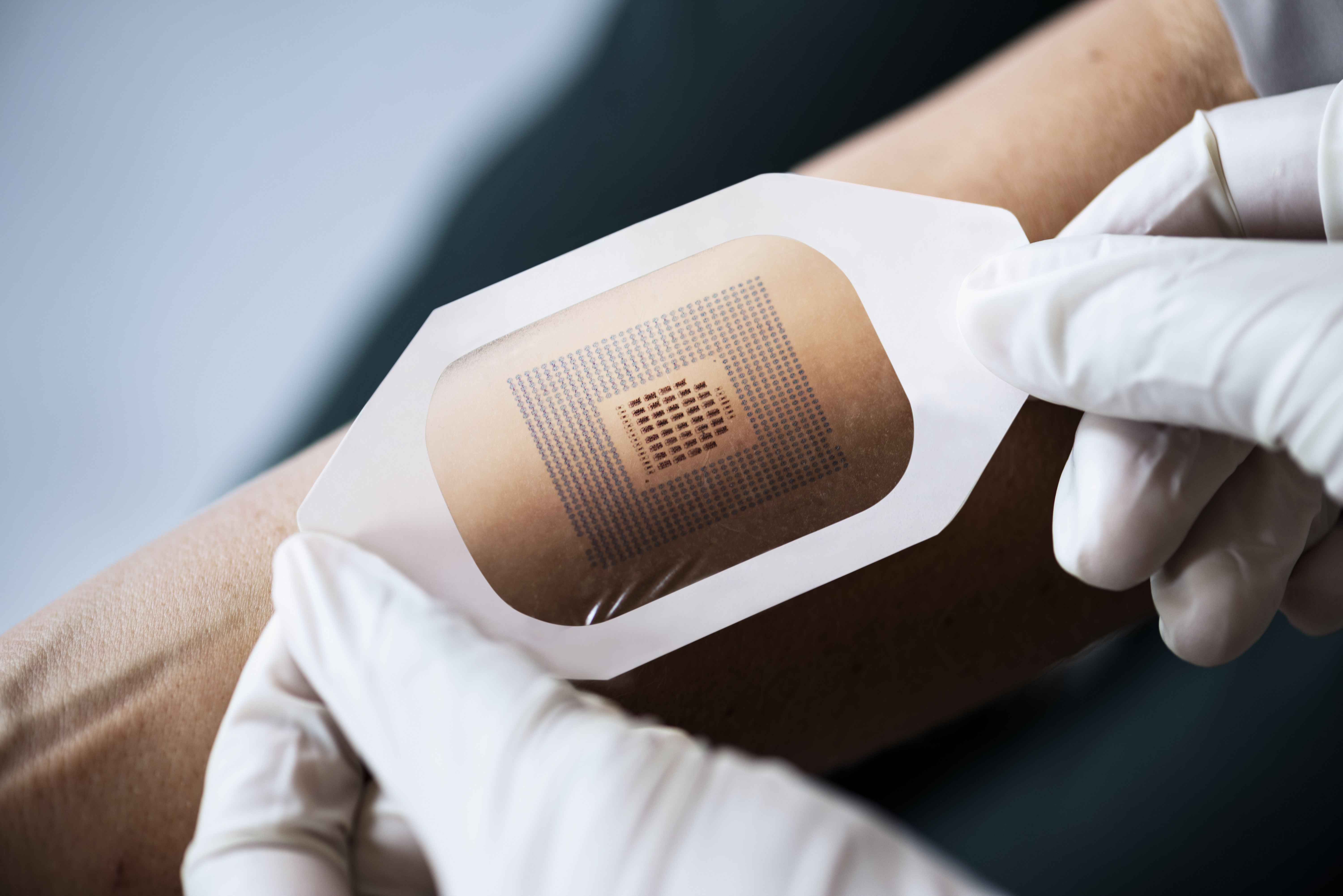Anti-aging creams are often moisturizers that contain main ingredients that offer additional benefits such as to help improve skin tone and texture and/or to fight fine lines and wrinkles—and there are only a handful of ingredients that are clinically proven to have anti-aging effects.
Many over the counter anti-aging creams claim to fight premature aging, reduce fine lines and wrinkles and prevent/reverse sun damage. From the regulatory perspective, the US Food and Drug Administration (FDA) classifies anti-aging products as cosmetics and does not require cosmetic manufacturers to perform any specific testing on these products, but advises them to employ whatever testing is appropriate to substantiate safety and efficacy claims prior to marketing1.
Anti-aging creams are often moisturizers that contain main ingredients that offer additional benefits such as to help improve skin tone and texture and/or to fight fine lines and wrinkles—and there are only a handful of ingredients that are clinically proven to have anti-aging effects. Here is a look at some of the ingredients dermatologists recommend2 3 4, and how they work.
Ceramides: Ceramides are fatty acid amide-derivative, or lipids, which are naturally found in skin cells. They help to create a barrier to the environment to protect skin from irritants and lock in moisture. Supplementing the epidermis by ceramides can help to produce anti-aging benefits by preventing dryness and irritation and thereby repairing cracks in the skin, which reduces the appearance of fine lines and promotes skin health.
A 2018 study found that a moisturizer containing ceramides outperformed those with other ingredients, and made a significant improvement on skin's hydration 24 hours after application, among a sample of 50 men and women between the ages of 18 to 635.
Coenzyme Q10: Also referred to as ubiquinone, vitamin Q or CoQ10, this is one of the most powerful and naturally occurring antioxidant in the body that can help maintain collagen in skin. Additionally, Coenzyme Q10 can protect the skin from free radicals that can damage the ability to repair itself. Using Coenzyme Q10 products can help to counteract these effects which may result in smoother skin and wrinkle prevention.
Green Tea: The camellia sinensis plant that green tea comes from is rife with phytochemicals, called polyphenols, which have anti-inflammatory and antioxidant properties that can calm redness and irritation and recharge the skin. Polyphenols also may help to combat free radicals to reduce signs of aging.
Hyaluronic Acid: Hyaluronic acid occurs naturally in the skin. It is a humectant, which means it has the ability to retain moisture. Products that contain hyaluronic acid may help to hydrate and plump the skin, which can reduce the appearance of fine lines and wrinkles, as well as making the skin softer and smoother.
A study documenting the use of a -hyaluronic acid applied to women's skin over a period of eight weeks found a 96% improvement in skin hydration and a 40% improvement in the depth of wrinkles6.
Peptides: These are short amino acids chains that are the intermediate building blocks of certain proteins needed by the skin. Peptides can help stimulate collagen production to improve the appearance of wrinkles. A 2019 study conducted on a group of Asian women over the age of 40 found that the topical application of peptide complex created "significant improvement in skin wrinkles" in just two weeks7.
Retinoids: Retinoids are chemical compounds that include vitamin A-derived molecules that help stimulate cell turnover and increase the skin’s natural collagen production, which may result in younger looking and smoother skin. In addition to plumping wrinkles and fine lines, retinoids counter discoloration and lighten small marks and freckles, as well as improve skin texture8.
Sunscreen: Up to 80 percent of visible signs of facial aging come from sun exposure9. Wearing a daily broad-spectrum sunscreen is crucial to protect the skin from UV damage, which can help keep skin more youthful looking when aging.
Vitamin C: Vitamin C is a powerful antioxidant that can work with sunscreen to protect the skin from UV damage. Similar to the antioxidants noted above, Vitamin C also helps defend against free radicals that can lead to signs of aging.
Vitamin C can interfere with the overproduction of melanin, helping to prevent dark spots and hyperpigmentation. A 2019 meta-analysis that reviewed 31 studies involving vitamin C's role in skincare concluded that topical vitamin C was effective for reducing hyperpigmentation caused by UV damage over the course of several weeks10. Vitamin C products also help to preserve collagen and prevent damage to the skin’s supportive structures11.
What should OEMs look for in sourcing the most effective ingredients to formulate high-quality anti-aging products?
While production of new and innovative anti-aging products requires careful planning and execution, having a partner with deep expertise in sourcing and formulation processes is essential for companies to succeed in developing their brands. Ultimately, when creating anti-aging products that will truly meet the evolving needs of today’s consumer in the increasingly crowded anti-aging marketplace, every part of the supply chain must understand the specific needs of your brand, including the need to use the most effective ingredients, sustainable practices, and more.
Scapa Healthcare has an in-depth understanding of custom topical skincare formulations and can support our customers' anti-aging product development needs from concept to commercialization. To learn more about how Scapa Healthcare can help you create the ultimate anti-aging formulations, contact us directly at [email protected].
References
U.S. Food & Drug Administration, “Cosmetics Safety Q&A: Animal Testing,” August 24, 2020
View website


